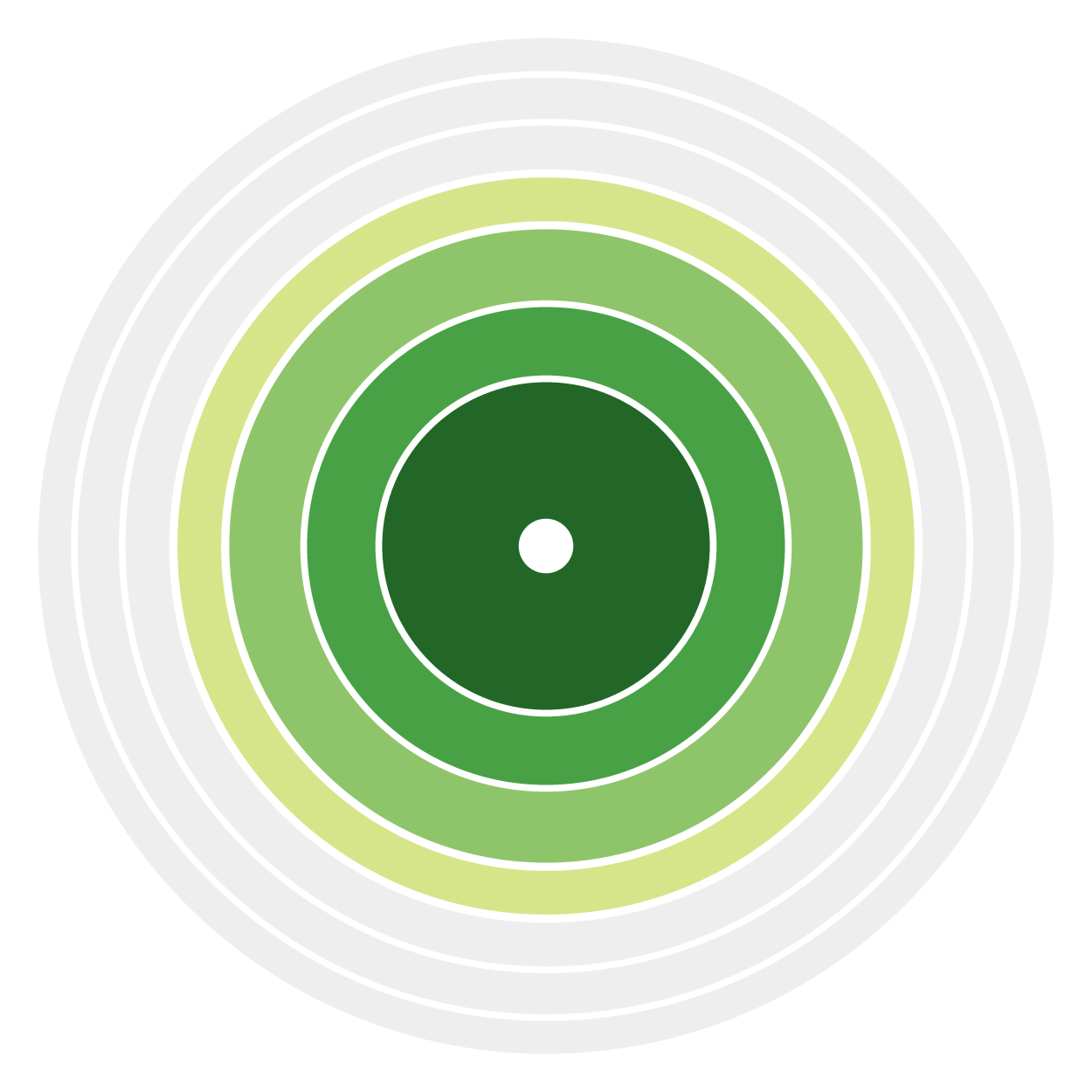Japanese vocabulary in the Routledge 5000 frequency list
Routlege 5000 Vocab 201-300
QUICK STUDY
FLASHCARDS
DOWNLOAD
various (see also: 色々; often written with kana only; colloquialism)
(click the word to view an additional 1 form, examples and links)
Most common form: つける
ichidan verb, transitive verb
1. to attach; to join; to connect; to add; to append; to affix; to stick; to glue; to fasten; to sew on; to apply (ointment); to put against (often written with kana only)2. to furnish (a house with) (often written with kana only)
(click the word to view an additional 14 meanings and 3 forms, useful expressions, examples and links)
noun
1. form; shape; figure (this meaning is restricted to form 形, 容)2. visage
(click the word to view an additional 3 forms, examples and links)
considerably; fairly; quite (often written with kana only)
(click the word to view an additional 4 forms, examples and links)
numeric
1. three (参 is used in legal documents)prefix
2. tri-(click the word to view an additional 1 reading and 4 forms, examples and links)
'no' adjective, adverbial noun (fukushitekimeishi), noun (temporal) (jisoumeishi)
beginning; outset; first; onset(click the word for examples and links)
to feel; to sense; to experience
(click the word for useful expressions, examples and links)
'ru' godan verb, intransitive verb
1. to take (a resource, e.g. time or money) (see also: 時間がかかる; often written with kana only)(click the word to view an additional 12 meanings and 4 forms, examples and links)
'mu' godan verb, intransitive verb
to live (of humans); to reside; to inhabit; to dwell; to abide (see also: 棲む)(click the word for examples and links)
'no' adjective, adverbial noun (fukushitekimeishi), noun (temporal) (jisoumeishi)
most recent; these days; right now; recently; nowadays(click the word for examples and links)
2. soon; before long; shortly
(click the word to view an additional 2 meanings and 1 form, examples and links)
2. at the same time
(click the word to view an additional 1 meaning and 2 forms, examples and links)
noun, 'suru' verb
living; life (one's daily existence); livelihood(click the word for examples and links)
noun
1. country; state2. region
(click the word to view an additional 4 meanings and 3 forms, examples and links)
2. to do up (one's hair) (see also: 髪を上げる)
(click the word to view an additional 24 meanings and 3 forms, examples and links)
Most common form: 貴方
pronoun, 'no' adjective
you (familiar form of あなた; often written with kana only)(click the word to view an additional 1 form, examples and links)
pronoun, 'no' adjective
1. you (referring to someone of equal or lower status) (貴女 refers only to females and 貴男 refers only to males; often written with kana only; polite (teineigo) language)2. dear (what a wife calls a husband)
(click the word to view an additional 3 forms, examples and links)
adverbial noun (fukushitekimeishi), noun (temporal) (jisoumeishi)
now; current; present; present time; as of(click the word for examples and links)
2. expensive
(click the word to view an additional 2 forms, useful expressions, examples and links)
1. bad; poor; inferior
2. evil; sinful
(click the word to view an additional 3 meanings and 3 forms, examples and links)
noun
1. feeling; sensation; mood2. preparedness; readiness; attitude
(click the word to view an additional 2 meanings and 2 forms, examples and links)
'ru' godan verb, intransitive verb
1. to get on (train, plane, bus, ship, etc.); to get in; to board; to take; to embark2. to get on (e.g. a footstool); to step on; to jump on; to sit on; to mount (see also: 載る:のる)
(click the word to view an additional 7 meanings and 2 forms, useful expressions, examples and links)
expression
in; on; at (place); as for; regarding (often written with kana only)(click the word to view an additional 2 forms, examples and links)
2. to face (an enemy); to confront
(click the word to view an additional 1 meaning, examples and links)
Most common form: 変る
'ru' godan verb, intransitive verb
1. to change; to be transformed; to be altered; to vary2. to move to
(click the word to view an additional 1 meaning and 2 forms, examples and links)
1. very; greatly
'na' adjective, noun
2. immense; enormous; great(click the word to view an additional 3 meanings and 2 forms, examples and links)
expression, 'ru' godan verb
by means of; due to; because of; according to (often written with kana only)(click the word to view an additional 3 forms, examples and links)
adverbial noun (fukushitekimeishi), noun (temporal) (jisoumeishi)
mostly; nearly; practically; well-nigh; almost invariably; all but; just about; almost (often written with kana only)(click the word to view an additional 3 forms, examples and links)
'no' adjective, adverb, noun
1. practicality; practical2. reality; actuality; actual conditions
(click the word to view an additional 1 meaning, examples and links)
noun
1. teacher; master; doctor (honorific)suffix
2. with names of teachers, etc. as an honorific (honorific)(click the word to view an additional 1 reading and 1 meaning, examples and links)
pronoun
1. she; her2. her
(click the word to view an additional 1 meaning and 2 forms, examples and links)
noun
two persons; two people; pair; couple(click the word to view an additional 1 reading and 3 forms, examples and links)
noun
1. mind; heart; spirit2. the meaning of a phrase (riddle, etc.)
(click the word to view an additional 2 forms, useful expressions, examples and links)
auxiliary adjective
1. seeming ... (expresses judgment based on evidence, reason or trustworthy hearsay); appearing ...suffix, 'i' adjective
2. -ish; like a ...; typical of ...; appropriate for ...; becoming of ...; worthy of the name ... (after a noun, adverb or adjective stem)(click the word for examples and links)
noun
1. face; visage2. look; expression; countenance
(click the word to view an additional 1 reading, 3 meanings and 3 forms, useful expressions, examples and links)
'ku' godan verb, transitive verb
1. to receive; to get; to accept; to take; to buy (see also: 貰う; humble; often written with kana only)2. to eat; to drink (humble; polite (teineigo) language; often written with kana only)
(click the word to view an additional 3 meanings and 2 forms, examples and links)
noun
1. town; block; neighbourhood; neighborhood2. street; road
(click the word to view an additional 1 reading, 3 meanings and 2 forms, examples and links)
Most common form: たくさん
'no' adjective, 'na' adjective, noun, adverbial noun (fukushitekimeishi)
1. a lot; lots; plenty; many; a large number; much; a great deal; a good deal (often written with kana only)2. enough; sufficient (often written with kana only)
(click the word to view an additional 1 meaning and 2 forms, examples and links)
noun
1. outline; main point; gist (often written with kana only)adverbial noun (fukushitekimeishi), noun (temporal) (jisoumeishi)
2. general; substantially; approximately; about (often written with kana only)(click the word to view an additional 1 meaning, examples and links)
'mu' godan verb, transitive verb
1. to read2. to count (see also: さばを読む; now mostly used in idioms)
(click the word to view an additional 1 meaning, examples and links)
noun (temporal) (jisoumeishi)
1. today; this day2. these days; recently; nowadays (this meaning is restricted to reading こんにち)
(click the word to view an additional 3 readings and 2 forms, useful expressions, examples and links)
noun, 'no' adjective, adverb
1. the old days; the past; former times; a long time ago; ~ ago(click the word for examples and links)
interjection (kandoushi)
1. yes; yeah; uh huh2. hum; hmmm; well; erm
(click the word to view an additional 1 meaning and 2 forms, examples and links)
(click the word to view an additional 7 forms, examples and links)
ichidan verb, transitive verb
1. to teach; to instruct2. to tell; to inform
(click the word to view an additional 1 meaning and 2 forms, examples and links)
'ku' godan verb, transitive verb
1. to put; to place2. to leave (behind)
(click the word to view an additional 8 meanings and 1 form, examples and links)
particle
1. only; merely; nothing but; no more than (often written with kana only)2. approximately; about (often written with kana only)
(click the word to view an additional 4 meanings and 3 forms, examples and links)
adverbial noun (fukushitekimeishi), noun (temporal) (jisoumeishi)
at that time; in those days(click the word for examples and links)
noun
1. place; location; spot; position2. room; space
(click the word to view an additional 1 meaning, examples and links)
Most common form: おく
'ku' godan verb, transitive verb
1. to put; to place2. to leave (behind)
(click the word to view an additional 8 meanings, examples and links)
enjoyable; fun
(click the word to view an additional 3 forms, examples and links)
noun
voice(click the word to view an additional 2 forms, useful expressions, examples and links)
1. general; ordinary; usual
2. normally; generally; usually
(click the word to view an additional 1 meaning, examples and links)
'ru' godan verb, intransitive verb
to remain; to be left(click the word to view an additional 2 forms, examples and links)
noun, 'no' adjective
1. last; end; conclusion; latest; most recentexpression
2. no sooner than; right after (often having negative consequences) (after -tara form or -ta form followed by "ga")(click the word to view an additional 1 meaning, examples and links)
(click the word to view an additional 3 forms, examples and links)
adverbial noun (fukushitekimeishi), noun (temporal) (jisoumeishi)
1. this time; now2. next time; another time; shortly; soon
(click the word to view an additional 1 meaning, examples and links)
Most common form: 身体
noun
2. torso; trunk(click the word to view an additional 3 meanings and 4 forms, examples and links)
Most common form: 私たち
pronoun, 'no' adjective
we; us(click the word to view an additional 1 reading and 4 forms, examples and links)
1. strong; powerful; mighty; potent
2. resistant; resilient; durable (... に強い)
(click the word to view an additional 2 forms, examples and links)
1. really; truly; entirely; completely; wholly; perfectly
2. indeed
(click the word to view an additional 1 meaning, examples and links)
'bu' godan verb, transitive verb
1. to call out (to); to call; to invoke2. to summon (a doctor, etc.)
(click the word to view an additional 4 meanings and 2 forms, examples and links)
adverbial noun (fukushitekimeishi)
1. after all; eventually; in the end(click the word to view an additional 1 meaning, examples and links)
noun, 'no' adjective
1. woman; female2. feminine gender (linguistics terminology; this meaning is restricted to reading じょせい)
(click the word to view an additional 1 reading, examples and links)
ichidan verb, intransitive verb
1. to live; to exist2. to make a living; to subsist
(click the word to view an additional 3 meanings and 2 forms, examples and links)
1. very; considerably; easily; readily; fairly; quite; highly; rather (often written with kana only)
(click the word to view an additional 2 meanings and 3 forms, examples and links)
noun, 'no' adjective, noun (suffix), prefix
1. previous; prior; former; first; earlier; some time ago; preceding2. point (e.g. pencil); tip; end; nozzle
(click the word to view an additional 5 meanings and 3 forms, useful expressions, examples and links)
Most common form: ことができる
expression, ichidan verb
can (do); to be able to (do); can be done; is able to be done (often written with kana only)(click the word to view an additional 3 forms, examples and links)
Kanshudo is your AI Japanese tutor, and your constant companion on the road to mastery of the Japanese language.
To get started learning Japanese, just follow the study recommendations on your Dashboard.
You can use Quick search (accessible using the icon at the top of every page) to look up any Japanese word, kanji or grammar point, as well as to find anything on Kanshudo quickly.
For an overview, take the tour.




